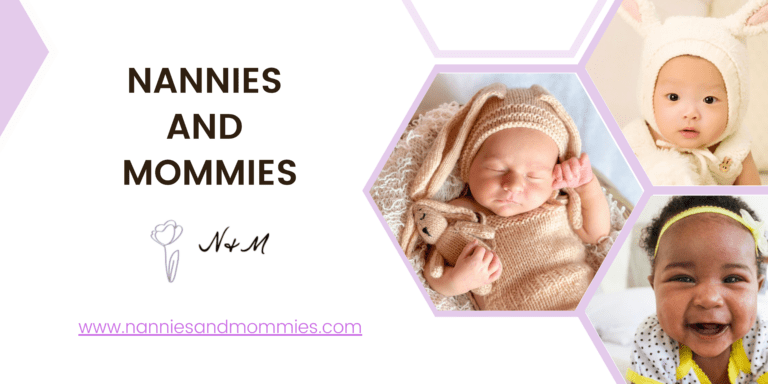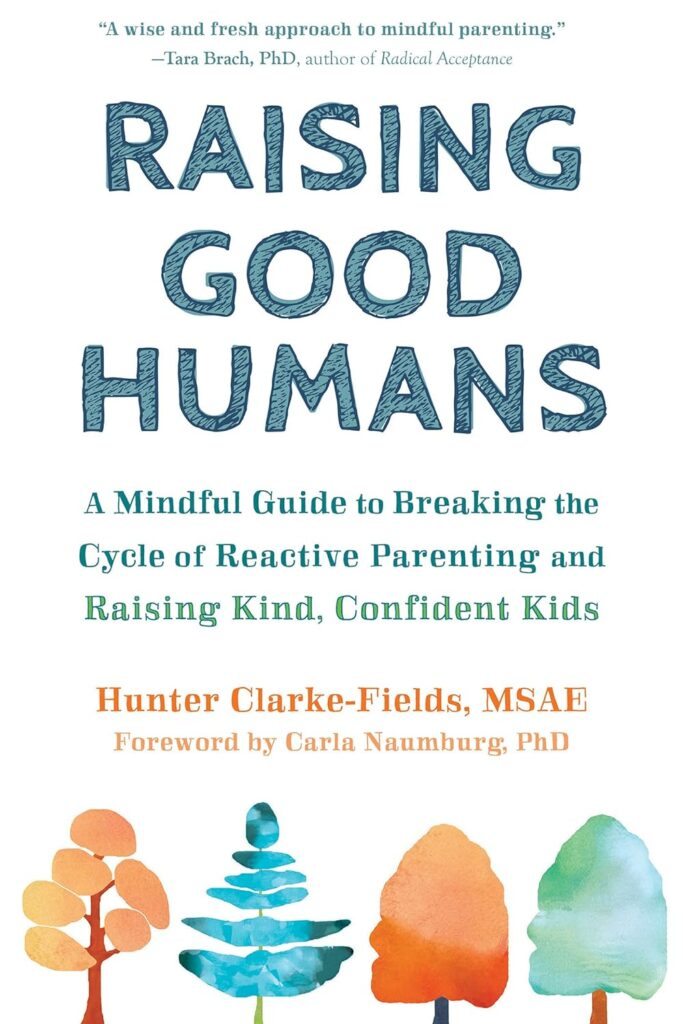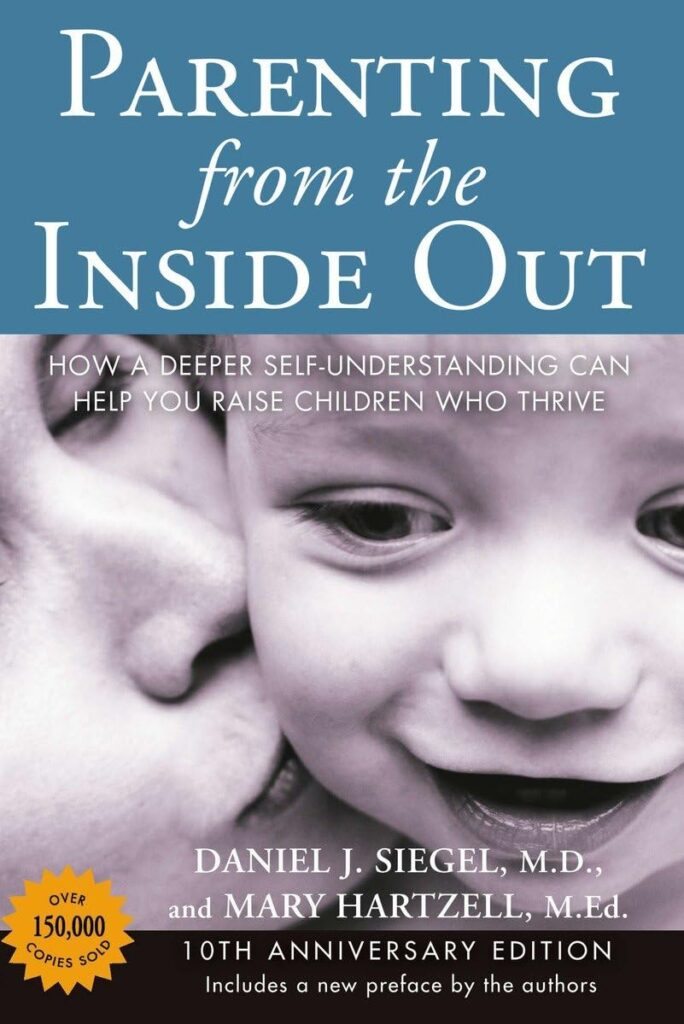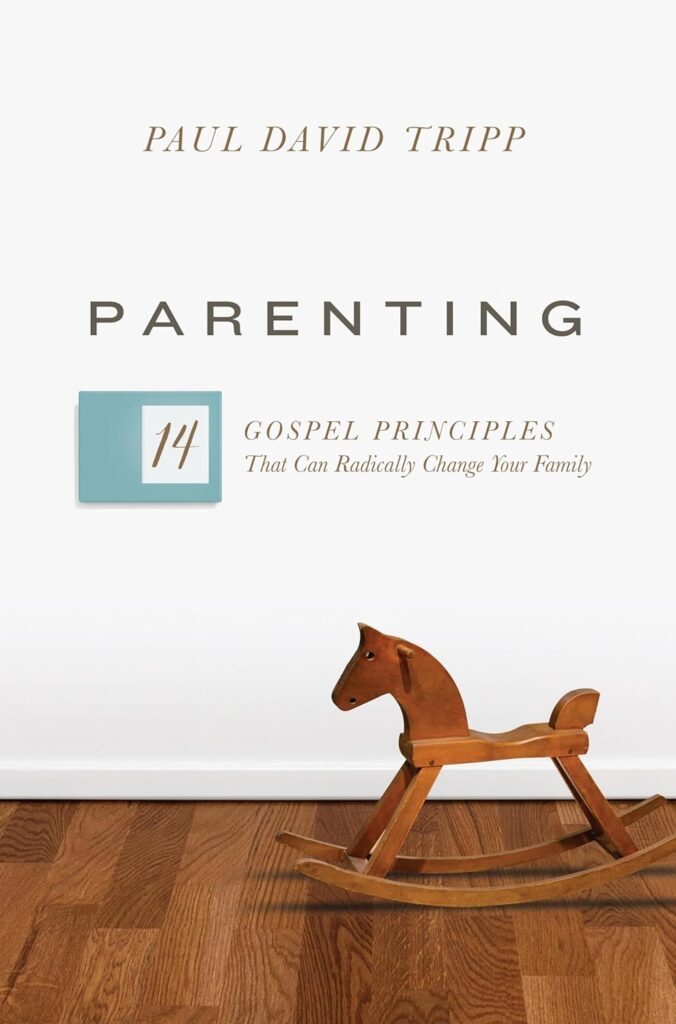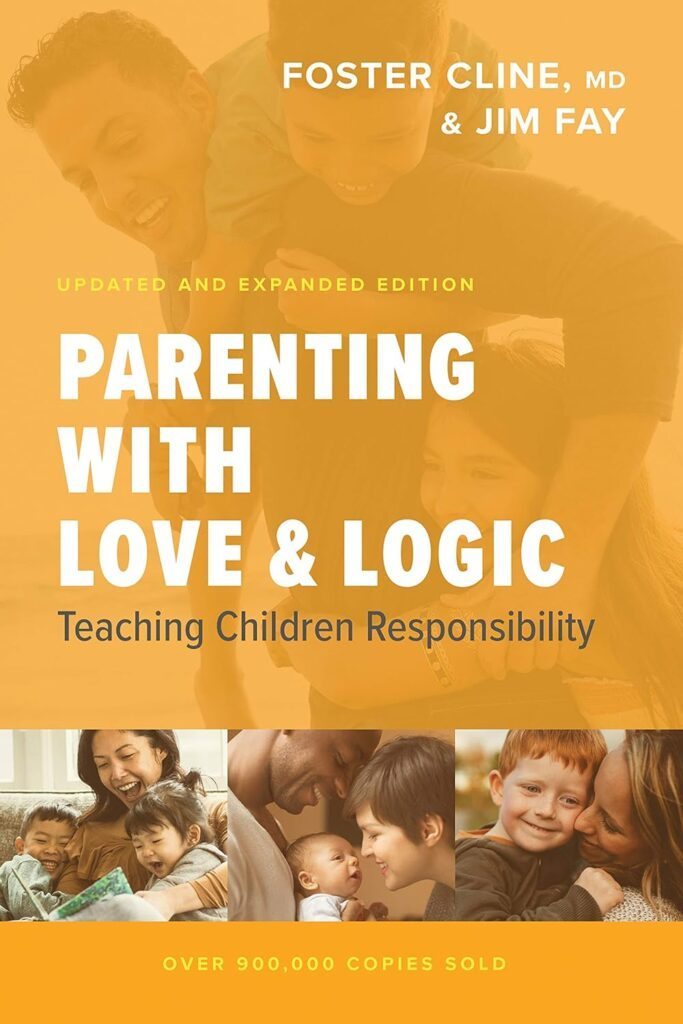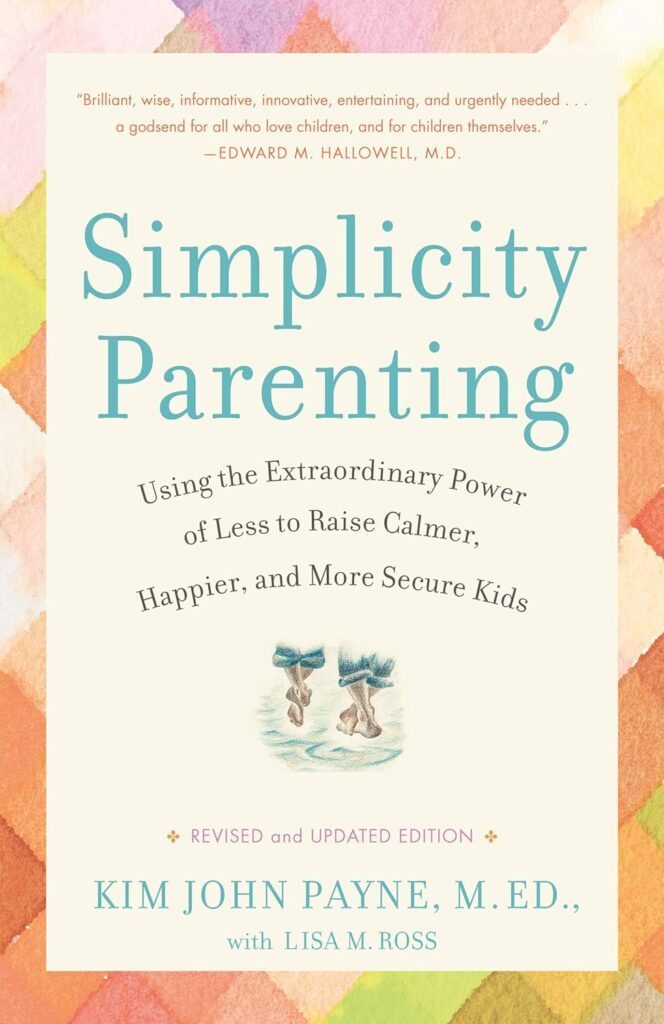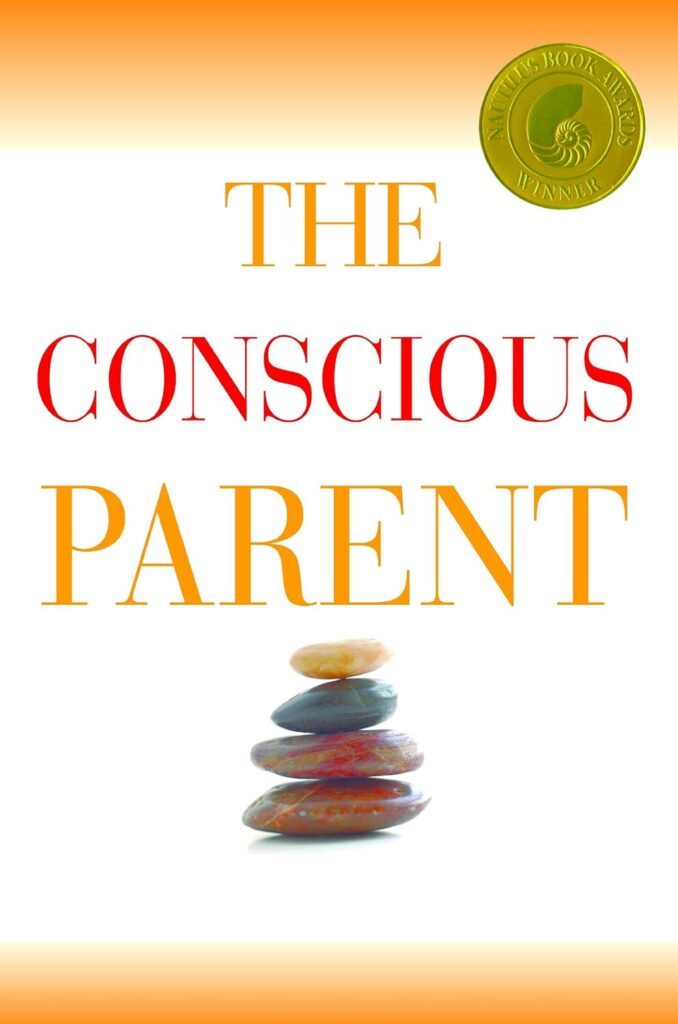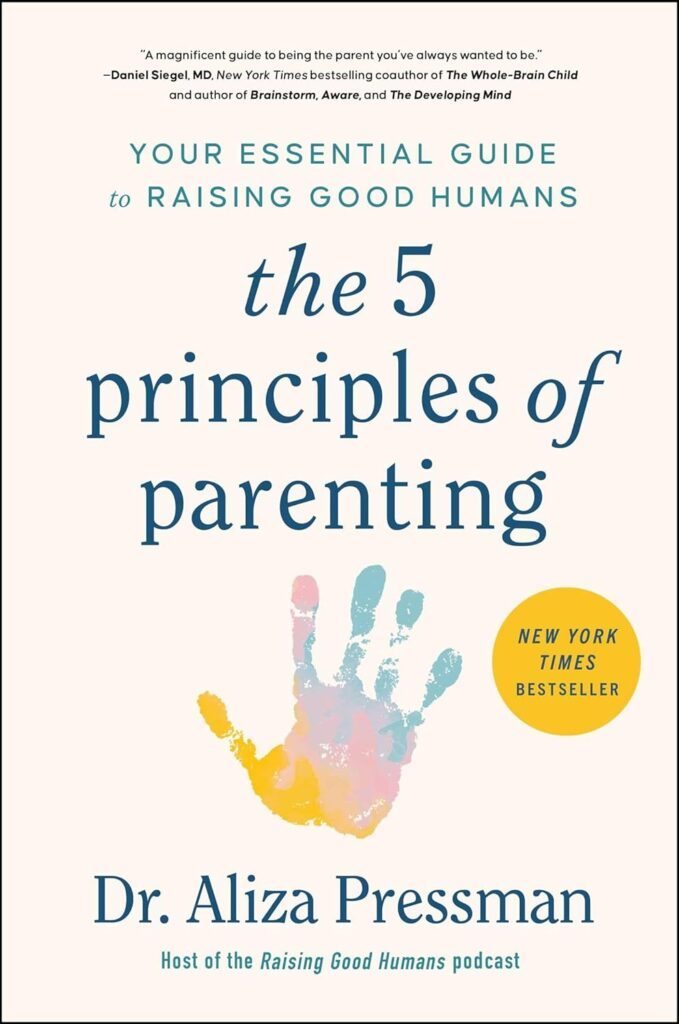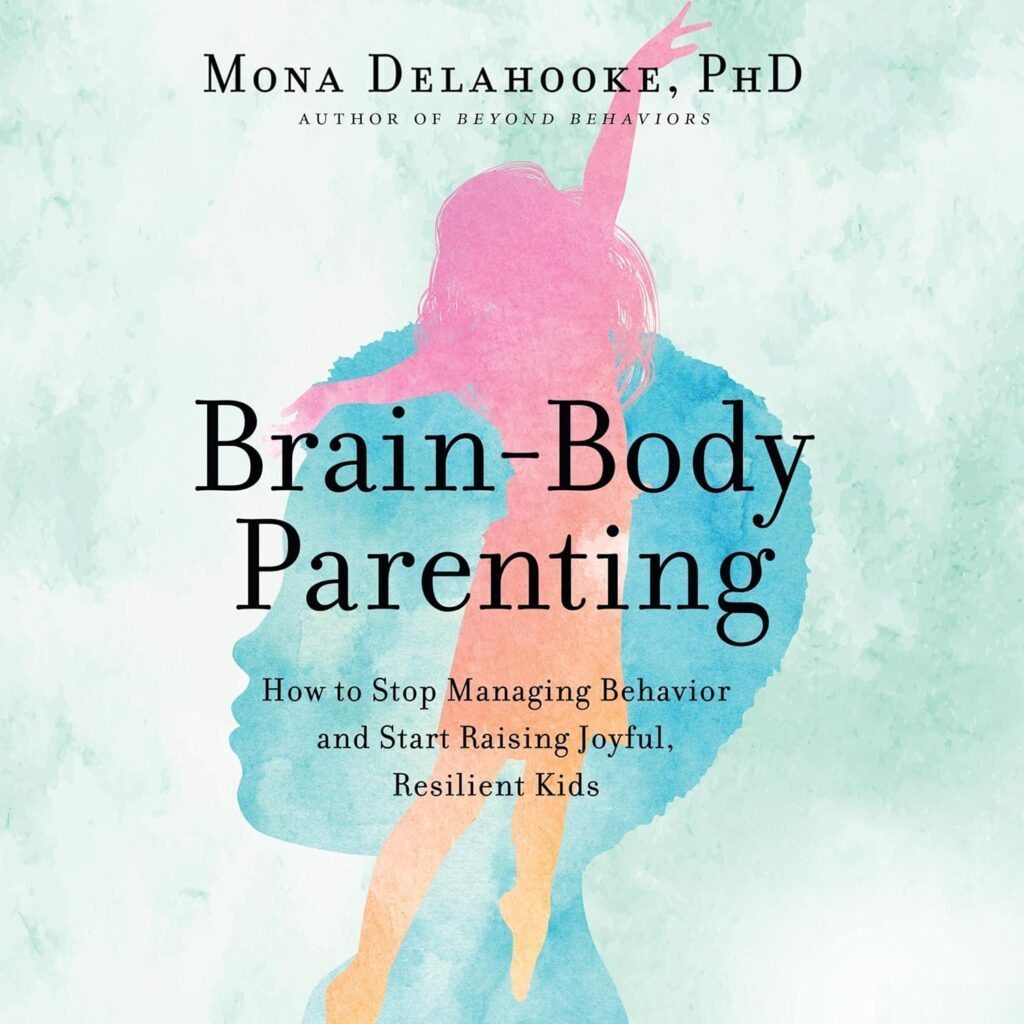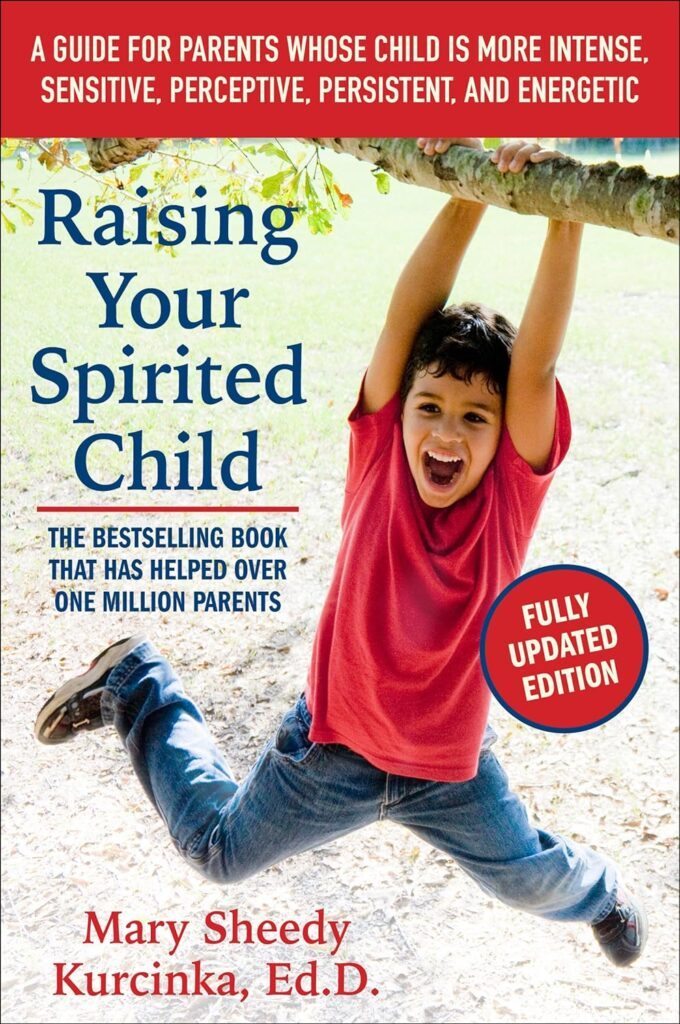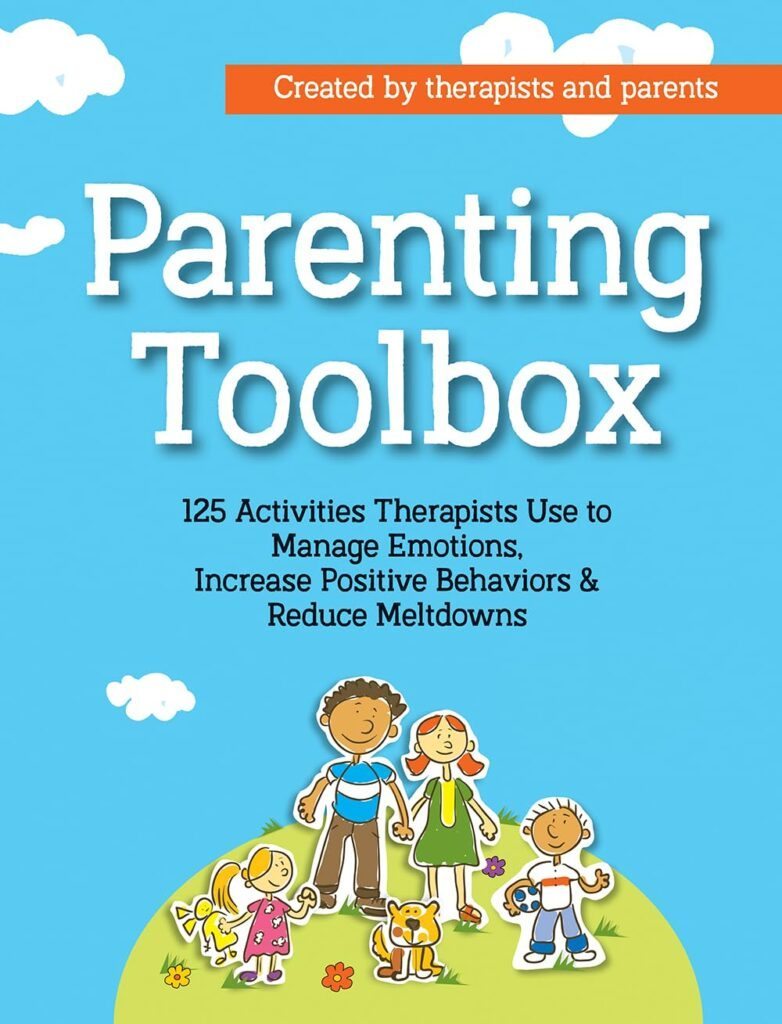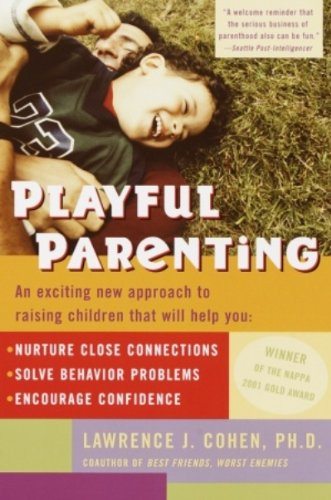Parenting is a complex journey, the way we interact with our children can significantly impact their development, self-esteem, and future relationships. Psychologists have identified four parenting styles that influence child-rearing: authoritative, authoritarian, permissive, and uninvolved. Let’s explore these styles and how they influence children.
Authoritative Parenting: Nurturing Independence
This style combines warmth, responsiveness, and clear expectations. Authoritative parents set rules and boundaries while also encouraging independence and open communication. Children raised in this environment tend to be confident, responsible, and socially competent.
Often considered the most effective parenting style that focuses on creating a balance between warmth and discipline (Gentle Discipline).
Key characteristics:
- Expectations: Authoritative parents set clear limits and rules.
- Warmth and responsiveness: They are supportive, nurturing, and responsive to their children’s needs and emotions.
- Open communication: They encourage open dialogue and value their children’s opinions.
- Independence: They foster independence and self-reliance in their children.
- Discipline: They use consequences and reasoning to teach responsibility.
Positive outcomes:
Children raised with authoritative parenting tend to be:
- Confident and self-reliant
- High in academic achievement
- Strong in social skills
- Respectful of authority
- Responsible and independent
Authoritarian Parenting: Strict and Demanding
Authoritarian: Characterized by high demands and low responsiveness, authoritarian parents expect obedience without explanation. While children might follow rules, they often lack independence, self-esteem, and social skills.
Authoritarian parents place a high emphasis on obedience and conformity.
Key characteristics:
- High expectations: They have strict rules and expect unquestioning obedience.
- Low responsiveness: They are less responsive to their children’s emotional needs.
- Punitive discipline: They often use punishment to enforce rules.
- Limited communication: They tend to be less open to their children’s input.
Potential outcomes:
Children raised with authoritarian parenting may:
- Lack self-esteem and independence
- Be anxious or withdrawn
- Have difficulty making decisions
- Rebel against authority
Permissive Parenting: Indulgent and Lenient
Permissive parents are high on warmth but low on demands and expectations. They often avoid confrontation and let children make their own decisions. Children raised in this style might struggle with impulse control, responsibility, and academic achievement.
Permissive parents are highly responsive to their children’s needs but set few limits or expectations.
Key characteristics:
- Low expectations: They have few rules or consequences.
- High responsiveness: They are often overly indulgent and want to be their children’s friends.
- Avoidance of conflict: They may avoid confrontation and discipline.
- Lack of structure: They provide little guidance or structure.
Potential outcomes:
Children raised with permissive parenting may:
- Lack self-control and impulse control
- Have difficulty following rules
- Be demanding and entitled
- Struggle with academic achievement
- Have low self-esteem
Uninvolved Parenting: Neglectful and Distant
This style is marked by a lack of both responsiveness and demandingness. Uninvolved parents are often preoccupied with their own needs and have little interest in their children’s lives. Children raised in this environment may exhibit behavioral problems, low self-esteem, and academic difficulties.
Uninvolved parents are low on both responsiveness and demandingness. They may be preoccupied with their own lives and have little interest in their children’s needs.
Key characteristics:
- Low expectations: They have few or no rules.
- Low responsiveness: They are uninvolved in their children’s lives.
- Lack of supervision: They provide little or no supervision.
- Emotional detachment: They may be emotionally distant from their children.
Potential outcomes:
Children raised with uninvolved parenting may:
- Have low self-esteem
- Struggle in school
- Engage in risky behaviors
- Have difficulty forming relationships
Disclosure: We use affiliate links to earn a small commission. If you choose to purchase something through one of these links, there is no cost to you.
